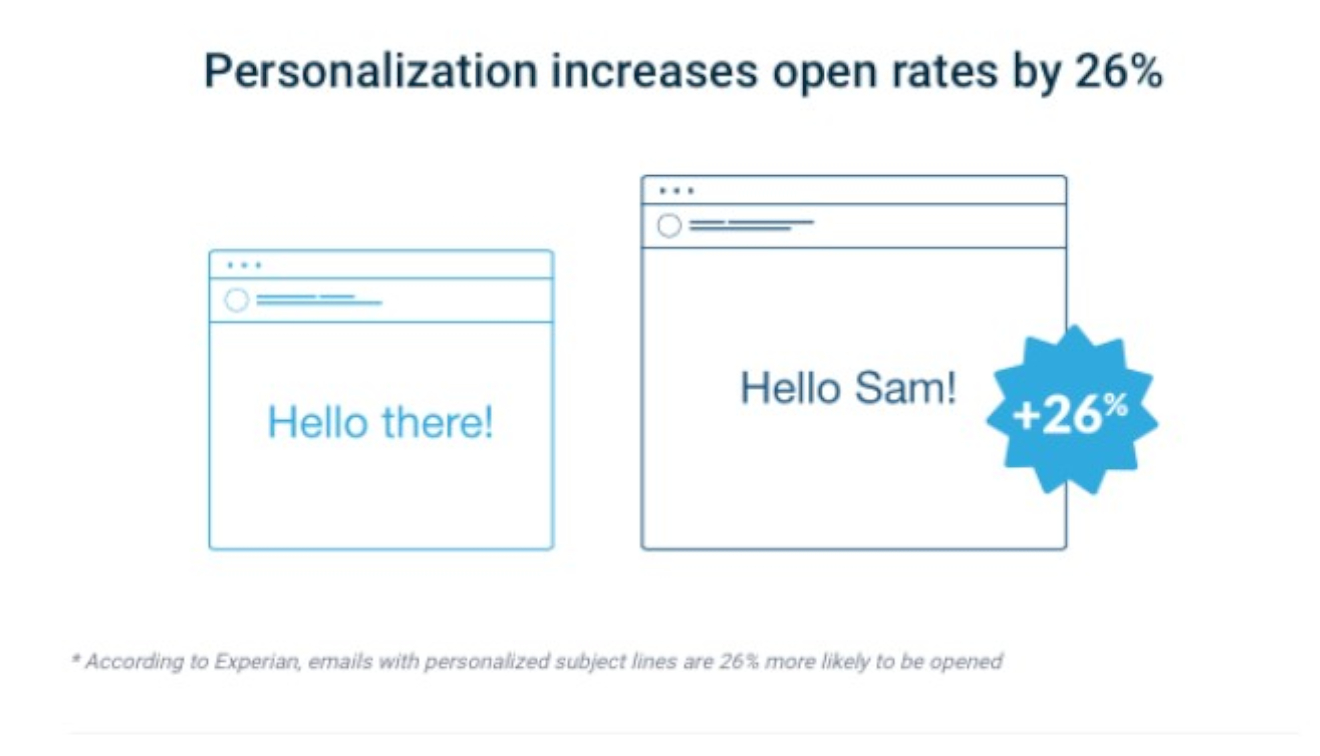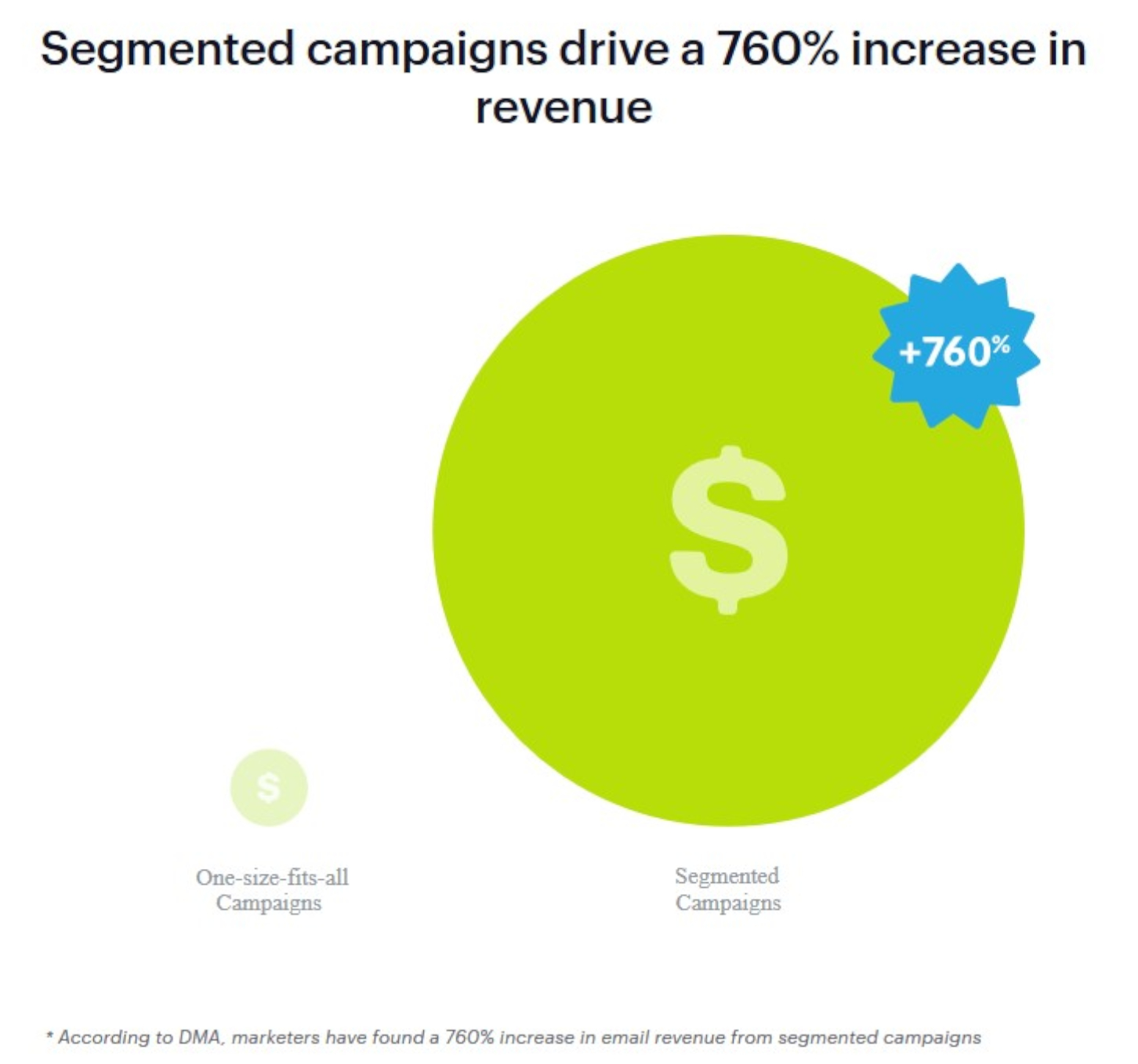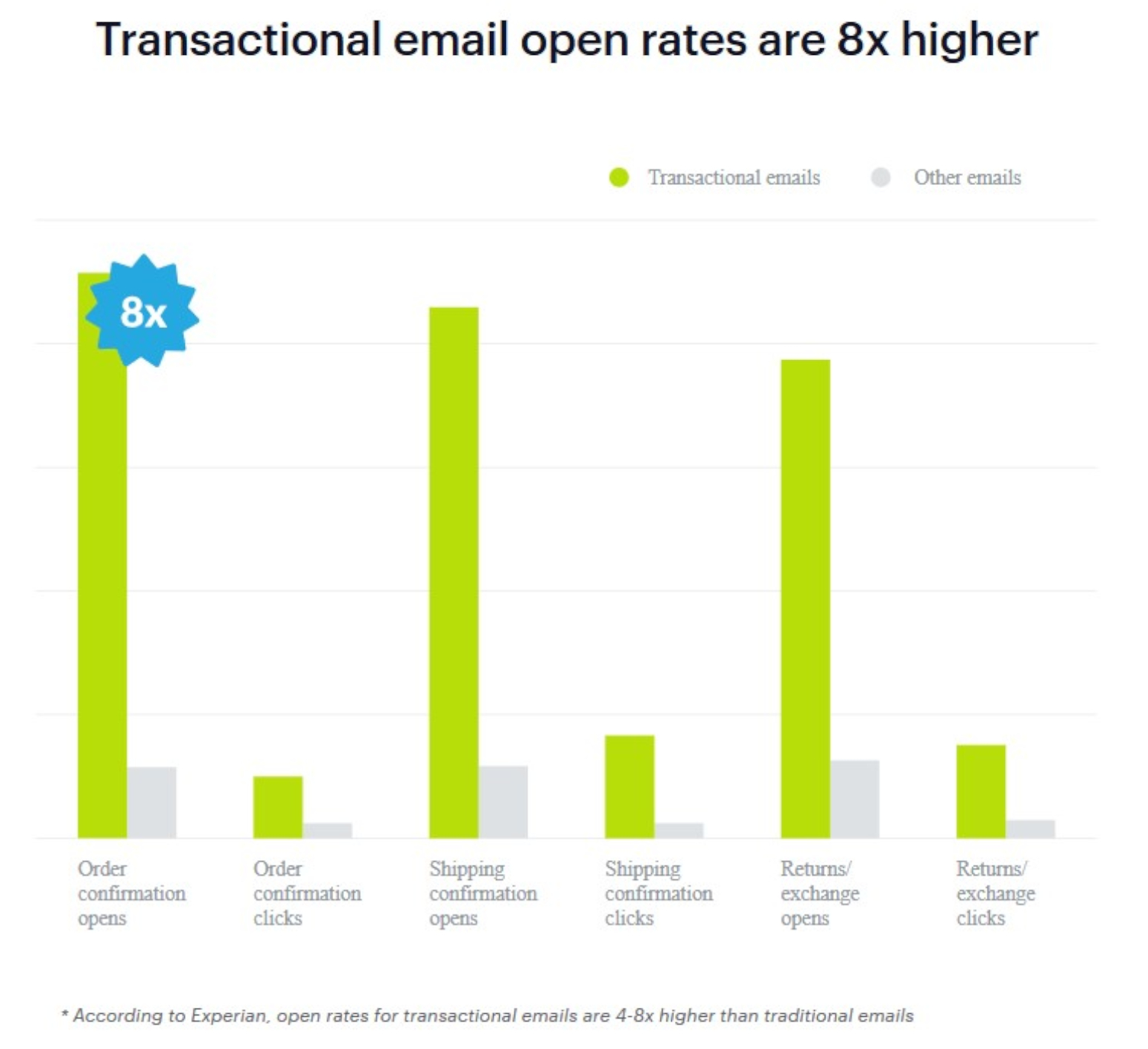How Geotagging in Email Marketing Can Help You Boost ROI
Your company’s ROI is a key performance metric, and it should be top of mind for your marketing team. However, improving your ROI takes a little bit of a concerted effort.
Geotagging in email marketing is one method that email marketers can use to improve ROI. By using location-based marketing efforts, you’re carving out a target market based on where your email subscribers live.
This opens the door to using email marketing best practices that can boost ROI.
What is geotagging in email marketing?
First, let’s look at what geotagging is. Geotagging is when you add location-based information to online media, like photos and videos. The metadata you add can be as simple or complex as you want, and it can include information like:
- Altitude
- Bearing
- Coordinates
- Distance
- Place names
One of the most common ways people use geotagging is when sharing photos on social media. You can include location information that can help people find your image or product in some cases.
Geotagging in email marketing is a little bit different, though. Location-based email marketing relies on gathering data about your subscribers so you can target them more effectively.
With the right email automation platform, geotagging in email marketing is as simple as turning on location-based or geographical services in your campaign. This will allow you to track where your subscribers open their emails, which can give you valuable insight into your target market.
How geotagging in email marketing can boost your ROI
Geotagging in email marketing is an effective way to boost ROI. You can use geotagging with email marketing best practices to see the best results.
1. Personalization leads to higher email open rates.
When it comes to sending email campaigns that work, personalization is one of the most effective ways to increase your open rates. Ultimately, this increases your conversion rates. Personalization can be as simple as using your subscriber’s name in the subject line. It can also be as involved as sending a birthday message.

Generally, an email sales funnel will look something like this: email opens, email clicks, and email conversions. The more conversions you get from your marketing efforts, the higher your ROI will be.
Geotagging is one element of email personalization that’s easy to implement. By tracking where your subscribers live, you can send out targeted emails such as:
- Events that are local to your subscribers
- New products or services available in your subscriber’s state
- Promotional offers valid for a single location
This one personalization component of your email campaign is both simple and effective and can lead to a 26% increase in your open rates.
2. Segmentation creates location-specific lists that convert.
List segmentation is an email marketing best practice that every business should be using. Segmentation can improve the performance of your email campaigns, which, in turn, can lead to a higher ROI. Location is just one way to segment your list. The more data you have about your subscribers, the more effective your segmentation will be.

After location, some of the most common ways to segment your list include essential dates like birthdays and anniversaries, gender, and how your subscribers found you.
If you can turn on location-based services in your email campaigns, geotagging can be one of the quickest ways to implement a segmentation practice. Other ways include:
- Analyzing customer purchase data
- Asking your subscribers to fill out a survey
- Reviewing your site traffic for location-specific information
When done properly, list segmentation can lead to a 760% increase in your revenue streams. This can be a significant boost to your ROI.
3. Multichannel marketing can improve email performance.
Geotagging in email marketing is just one way to use location-based marketing to boost ROI. The most effective marketing campaigns use a combination of channels to influence their subscribers. A multichannel approach means you can create one message that serves multiple platforms, an efficient way to increase revenue.

Multichannel marketing doesn’t have to be a complicated, intricate process. By choosing the right channels for your industry, you can streamline your multichannel approach.
Using location-based marketing services across multiple channels means you’ll pack a bigger punch for your marketing dollar. You can incorporate different channels in your email strategy by:
- Creating inbound content that serves geographical interests
- Linking location-based content across various social media platforms
- Sending email campaigns that point back to your content or social accounts
While email remains the most effective way to increase your ROI, other marketing channels have their merit in a comprehensive campaign.
4. Mobile optimization puts location at the forefront of marketing.
Technology is changing the way people read emails and mobile devices play a huge role in that change. More people are reading, engaging with, and sending emails from their mobile phones. They’re not just checking their emails at home, though. Your email subscribers are reading emails on the go, which means you need to review your geotagging efforts.

Though mobile optimization usually refers to making sure your email templates are responsive, in this context, you’re trying to optimize your email campaigns for mobile consumption.
Geotagging in your emails can point to places that your subscribers travel or shop. This can lead to a host of new marketing possibilities that target locations, like:
- Sending promotional offers for services where your subscriber is on vacation
- Creating weather-based email content to point subscribers in your direction
- Encouraging your subscribers to visit a location near their office
From 2010 to 2015, there was a 30% increase in the number of emails that were opened on mobile devices. This trend is an effective way to collect more information about your subscriber’s habits.
5. Transactional emails create geotagging potential.
If you have an ecommerce store, there’s a good chance you’re already using transactional emails. These emails are sent to your subscribers because of the actions they’ve taken on your site, which means they have higher open rates. It also means you’re reaching a subscriber who’s already invested in your company.

While transactional emails have a pretty specific purpose, they offer the perfect opportunity to find out where your customers are reading their emails. This can enhance personalization efforts.
Geotagging in your transactional emails can give you a roadmap of your subscriber’s day. By comparing where they are a specific time, you can create highly targeted email campaigns, such as:
- Asking for feedback when they’re more likely to be available to respond
- Suggesting new products or services when they’re out shopping
- Recommending lunch options right before their normal lunch hour
Though targeting at this level can be tedious, transactional emails are eight times more likely to be read than other emails. This means they pack serious ROI power.
Tips for using geotagging in email marketing campaigns
Brick-and-mortar stores have a vested interest in using geotagging in email marketing campaigns. Without the focus on location, how will people know where to go? Ecommerce stores, on the other hand, serve a broader audience.
It can be tempting for ecommerce stores to skip out on location-based marketing. After all, if you serve the entire world, how can you possibly narrow down your target market?
Focus your location-based marketing efforts with these tips:
- Gauge your audience size: If you have an extensive email list, you can use a high-level approach to geotagging, such as the country or state someone lives in. Smaller email lists may benefit from using a narrower approach, like down to the city or street.
- Consider your industry: While it’s true that some B2B companies may find use in geotagging, B2C companies are more likely to have the best results. Consumers get (and read) more promotional emails than B2B buyers.
- Find your email rhythm: To get the most out of your geotagging efforts, make sure you’re sending emails at the right time on the right day. You may want to adjust your send times based on the time zones your subscribers live in.
Regardless of your company size or what you’re selling, geotagging has a place in your email campaigns. You just may need to do some A/B testing to find out how to use it most efficiently.
Wrap up
Boosting your ROI is a worthy goal. Every marketer wants to see more results from their marketing investment. That’s why your business needs to use geotagging in email marketing campaigns. When appropriately used, location-based marketing can:
- Enhance email personalization to increase your email open rates.
- Guide your list segmentation efforts to drive more revenue.
- Increase the payoff of your multichannel approach to email marketing.
With a few simple tweaks, you can put together an email strategy that exponentially improves your email marketing ROI.


